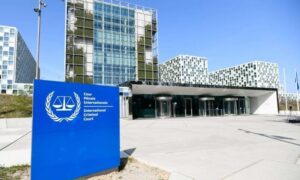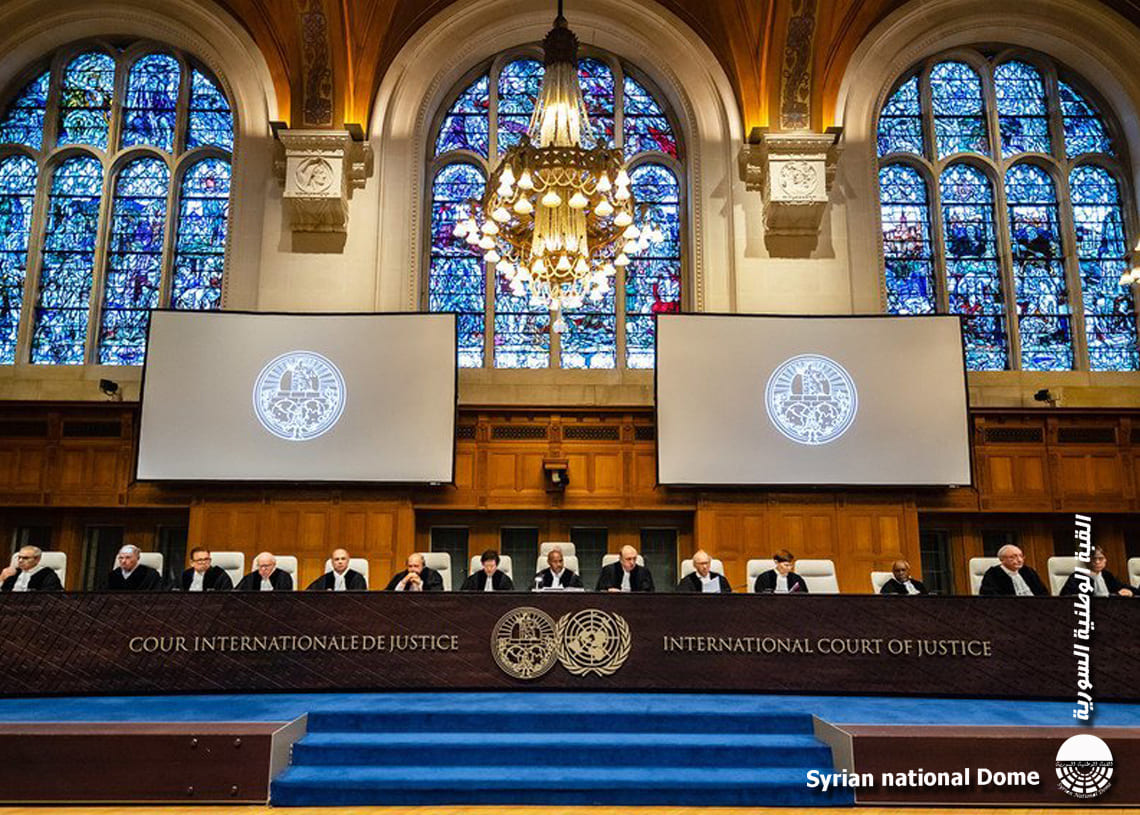Assad’s Amnesty: Image Enhancement or Legal Response?
The announcement of a general amnesty by the Syrian dictator Bashar al-Assad on Thursday, November 18, 2023, sparked widespread debate both within and outside Syria. This decision comes in the context of the French arrest warrant and just two hours after the judgments of the International Court of Justice, amidst increasing international pressure on the Syrian regime in general, due to human rights violations and war crimes against civilians.
This amnesty appears to be an attempt to alleviate global tension and improve the regime’s image in the eyes of the international community.
The main question arises: who does this amnesty include? Does it encompass the revolutionaries and politicians who participated in the uprising and opposed the criminal regime, or is it a response to international pressure following the French arrest warrant and the decisions of the International Court of Justice?
According to Decree No. 36 of 2023, full exemption from punishment applies to individuals suffering from incurable severe illness and those sentenced with a final judgment who have reached the age of seventy. The amnesty also covers specific crimes according to Military Penal Code No. 61 of 1950, including internal and external escape.
In addition to complete amnesty, the decree also includes partial amnesty, reducing death penalties to life imprisonment and life imprisonment to 20 years. This aspect of the amnesty seems to aim at improving the regime’s image on the international stage.
With these specific details, the question remains regarding whether this amnesty includes the revolutionaries and politicians who participated in the peaceful protests against the criminal regime. The answer is no. In other words, “Decree No. 36 of 2023” does not include any politicians or civilians who participated in peaceful demonstrations against the regime.
Escalating International Pressure: Syrian Amnesty Between Swift Response and Legal Challenges
In a rapid response to the decisions of the International Court of Justice, Syrian President Bashar al-Assad announced a general amnesty within just two hours of the judicial rulings. This declaration comes at a time when international pressure on the Syrian regime is increasing, with measures being imposed to halt torture crimes in its prisons.

In its first ruling, the International Court of Justice ordered the Syrian regime to cease torture crimes in its prisons and to take all necessary measures to ensure the non-commitment of any acts of torture or inhuman treatment. This decision is part of international efforts to hold the Syrian regime accountable for human rights violations.
The court requested the regime to ensure the preservation of any potential evidence related to torture, including medical reports and death records. This request emphasizes the importance of preserving evidence and ensuring serious investigations into allegations of torture.
In a related development, France issued an international arrest warrant against Bashar al-Assad and his brother Maher al-Assad, accusing them of complicity in committing crimes against humanity, especially regarding chemical attacks in Eastern Ghouta, Damascus, in 2013.
The announcement of the general amnesty indicates an attempt by the Syrian regime to swiftly respond to international developments and alleviate the pressures it faces. However, the crucial question remains regarding the scope of this amnesty and whether it will include the categories targeted by the International Court. Did the French arrest warrant intimidate a regime that has consistently ignored international decisions?
At this specific time, countries are focusing on scrutinizing the regime, intensifying legal investigations, and closely monitoring to ensure accountability for human rights violations and war crimes in Syria. Or is it just a smokescreen to divert attention from what is happening in Gaza? The question lingers…









